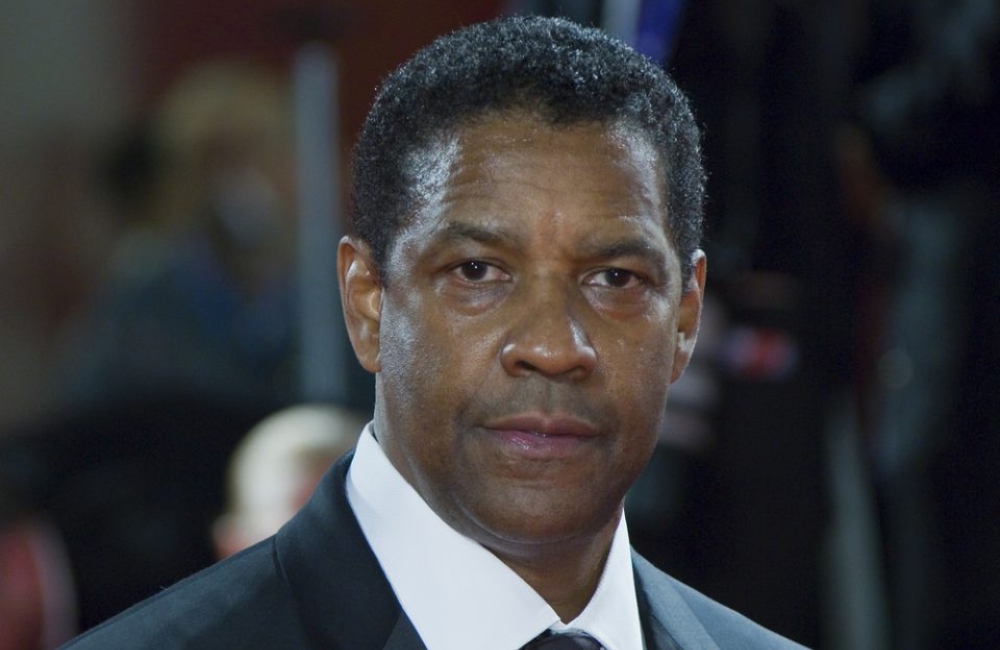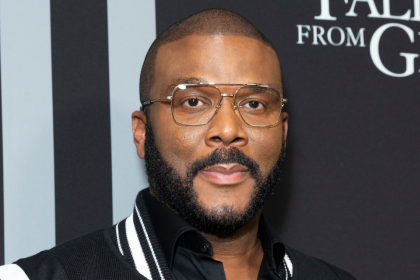Denzel Washington, revered as a powerhouse performer across stage and screen, has become the focal point of a heated Broadway controversy following the announcement of this year’s Tony Award nominations. Despite delivering what many critics hailed as a masterful performance in Shakespeare’s Othello, Washington was conspicuously absent from the nominee lineup, sparking significant industry debate and a forthright response from his wife, Pauletta Washington.
The revival production, co-starring Jake Gyllenhaal, has shattered box office records by generating an unprecedented $2.8 million in a single week—establishing itself as the highest-grossing Broadway play ever. This commercial triumph makes the complete absence of Tony recognition for the production all the more perplexing to theater enthusiasts and industry insiders alike.
A wife’s candid perspective
During a recent media event, Pauletta Washington addressed the controversial omission with remarkable candor. She acknowledged that questions about the snub touched on sensitive territory, while admitting she wasn’t entirely surprised by the outcome. Her measured response conveyed volumes about her perspective on the situation.
Reflecting on her family’s extensive history with similar experiences in the entertainment industry, Pauletta elaborated on the broader implications. She expressed that the situation represented a clear denial of recognition, suggesting the decision stemmed from narrow-mindedness among those holding decision-making authority in the awards process. Her assessment frames the conversation within larger questions about representation and acknowledgment in theatrical arts.
Economic factors at play
The Othello production has garnered critical acclaim for its performances while simultaneously generating controversy over its ticket pricing structure. Some premium seats reportedly command prices approaching $900, creating accessibility barriers for many theatergoers and potentially influencing Tony voters’ perspectives.
Pauletta directly addressed this economic dimension, suggesting the high ticket prices likely factored into the award committee’s decisions. Her commentary highlights the complex interplay between commercial success and artistic recognition in contemporary theater, where financial considerations can sometimes overshadow creative achievements.
Excellence as a family value
The Washington household maintains exceptionally high performance standards, according to Pauletta’s insights. With Denzel and their four children—John David, Olivia, Katia, and Malcolm—all pursuing careers in entertainment, the family has developed a culture of rigorous internal critique.
Pauletta emphasized that family members serve as each other’s most demanding critics precisely because their public visibility requires consistent excellence. This commitment to quality and preparation has become central to the Washington family philosophy, driving their approach to performance across mediums and artistic disciplines.
Award ceremony anticipation
As the theater community looks ahead to the June 16 Tony Awards ceremony in New York City, the absence of Othello from the nominations list remains a significant talking point. Industry conversations continue examining both the specific oversight regarding Washington’s performance and the broader patterns it might represent.
The controversy raises important questions about recognition criteria in contemporary theater and whether commercial factors inappropriately influence artistic evaluation. As Broadway celebrates its annual achievements, these discussions challenge the industry to examine its values and selection processes with greater scrutiny.
Implications beyond a single award
The exclusion of Washington from Tony consideration resonates beyond an individual actor’s recognition, touching on persistent challenges faced by Black artists in securing proportional acknowledgment for their contributions. Pauletta Washington’s forthright comments illuminate these ongoing obstacles while advocating for more inclusive approaches to artistic evaluation.
As the theater community processes this controversy, it presents an opportunity for meaningful reflection on how talent is recognized and celebrated. The conversation sparked by this high-profile omission may ultimately contribute to evolving standards that more effectively honor artistic excellence across demographic boundaries.
The Washington family’s continued commitment to artistic integrity regardless of external validation demonstrates a principled approach to creative work that transcends award recognition. As Denzel Washington‘s Othello continues drawing record audiences, his performance reminds viewers that true artistic impact sometimes exists independent of formal accolades and industry validation systems.
















